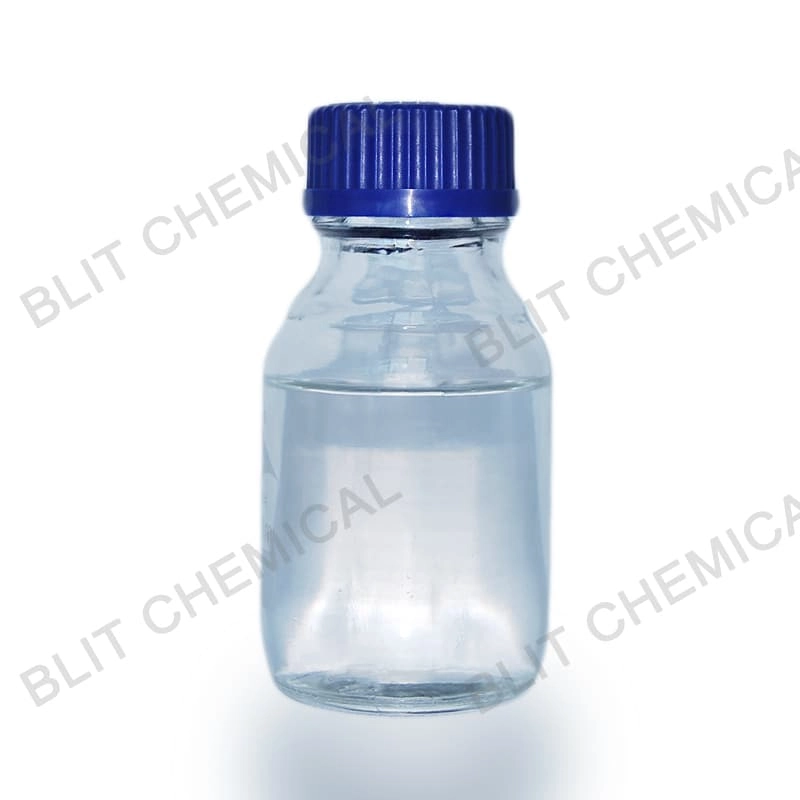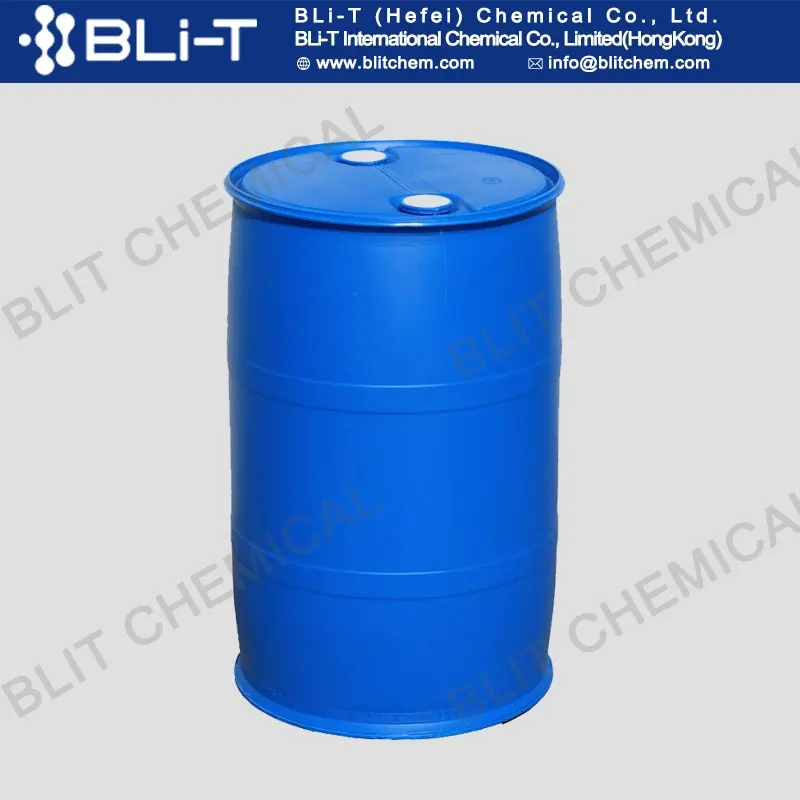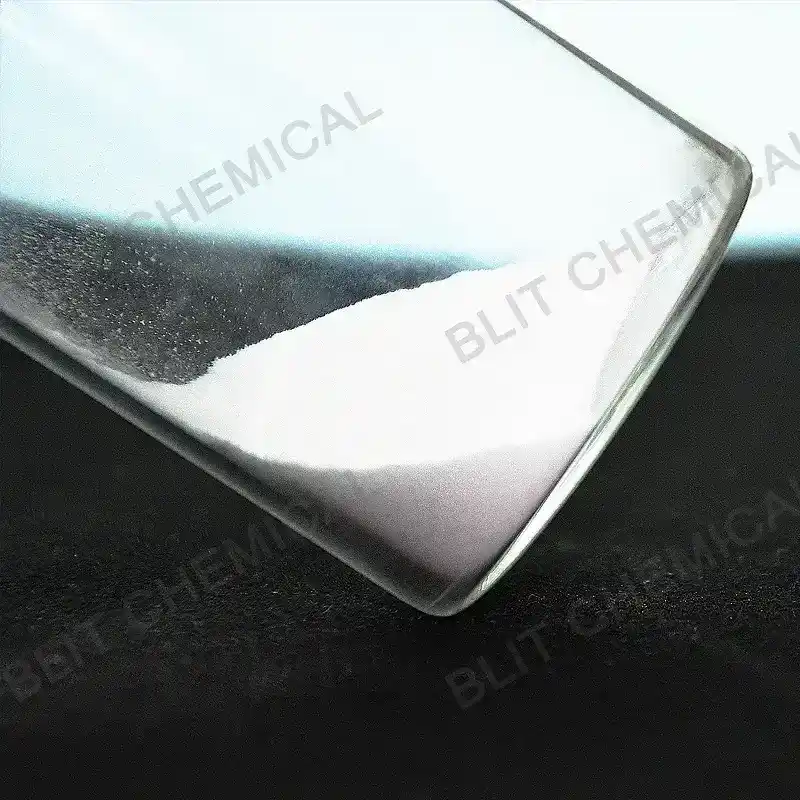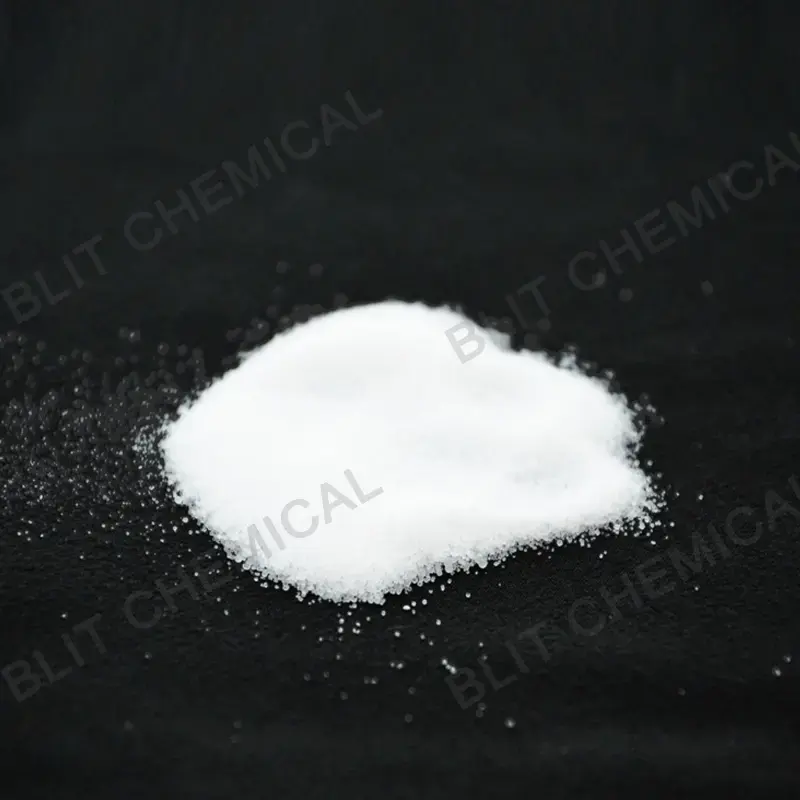6 вещей, которые вам нужно знать о ДЭТА
Время выпуска: 2024-10-15
ДЭТАCAS 134-62-3, сокращение от N, N-диэтил-м-толуамид, является широко известным репеллентом от насекомых, который был необходим для активного отдыха на протяжении десятилетий. Эффективный против различных кусающих насекомых, включая комаров и клещей, он является обязательным для кемпинга, походов и других приключений на открытом воздухе. Однако с широким распространением ДЭТА возникли вопросы о его безопасности и потенциальном влиянии на здоровье. Здесь мы рассмотрим шесть основных аспектов ДЭТА, от его состава до правил безопасного использования.
Что такое ДЭТА?
Определение и химический состав
DEET(CAS 134-62-3) — это синтетическое химическое соединение, которое в основном используется как средство от насекомых. Его молекулярная формула — C12H17NO2, и он работает, мешая насекомым обнаруживать человеческий запах. Маскируя наш естественный запах, DEET может эффективно отпугивать надоедливых насекомых.
Как ДЭТА действует как средство от насекомых
DEET действует, воздействуя на рецепторы, которые насекомые используют для обнаружения своих хозяев. Блокируя эти рецепторы, DEET затрудняет насекомым поиск людей, тем самым обеспечивая защиту от укусов и снижая риск заболеваний, переносимых насекомыми.
Безопасность ДЭТА
Обзор разрешений регулирующих органов (например, EPA, CDC)
DEET был тщательно протестирован и проверен регулирующими органами. EPA определило, что DEET безопасен для взрослых и детей старше двух месяцев в концентрациях до 30%.
Рекомендуемые концентрации для безопасного использования
Большинство коммерческих продуктов DEET доступны в концентрациях от 5% до 100%. Для активного отдыха на свежем воздухе обычно достаточно продуктов с концентрациями DEET от 10% до 30%. Более высокие концентрации не обязательно более эффективны и могут нести больший риск раздражения кожи.
Потенциальное воздействие на здоровье
А. Краткосрочное воздействие
Раздражение кожи и аллергические реакции: У некоторых пользователей могут возникнуть раздражение кожи или аллергические реакции, особенно при длительном контакте. Перед полным нанесением рекомендуется провести тест на небольшом участке кожи.
Раздражение глаз: ДЭТА может вызвать сильное раздражение глаз при попадании в глаза. Пользователи должны быть осторожны и не наносить его на лицо или около глаз.
Эффекты вдыхания: Хотя в целом безопасно при правильном использовании, вдыхание большого количества паров ДЭТА может вызвать раздражение дыхательных путей. Всегда используйте в хорошо проветриваемом помещении.
Б. Длительное воздействие
Потенциальное системное воздействие на организм: исследования долгосрочного воздействия ДЭТА ограничены, но предполагают, что чрезмерное использование может вызывать системные эффекты, особенно у чувствительных групп населения.
Результаты исследований долгосрочного применения: Исследования, изучающие долгосрочное применение ДЭТА, указывают на небольшое количество побочных эффектов, однако рекомендуется постоянный мониторинг, особенно для часто использующих препарат.
Уязвимые группы населения (дети, беременные женщины): Особая осторожность рекомендуется для детей и беременных женщин. CDC рекомендует использовать ДЭТА для детей старшего возраста, а беременным женщинам перед применением следует проконсультироваться с врачом.
Мифы и мифы
Распространенные мифы о токсичности ДЭТА
Существует множество заблуждений о безопасности ДЭТА. Распространенный миф заключается в том, что ДЭТА очень токсичен и его следует избегать любой ценой. Однако органы здравоохранения считают ДЭТА безопасным при правильном использовании.
Сравнение с другими репеллентами (например, натуральными альтернативами)
Хотя натуральные репелленты, такие как масло цитронеллы или эвкалипта, популярны, они, как правило, обеспечивают более короткую защиту, чем ДЭТА. Понимание их эффективности может помочь пользователям сделать осознанный выбор на основе уровня их активности и окружающей среды.
Правила безопасного использования
Для максимальной безопасности при использовании ДЭТА всегда следуйте следующим рекомендациям:
Наносить только на открытые участки кожи и одежды.
Избегайте нанесения на участки вокруг глаз и рта.
По возвращении в помещение вымойте обработанную кожу.
Чего следует избегать (например, не наносить на поврежденную кожу, избегать проглатывания)
Избегайте нанесения ДЭТА на поврежденную или раздраженную кожу и следите за тем, чтобы он не попадал на слизистые оболочки. Проглатывание ДЭТА может вызвать серьезные проблемы со здоровьем, поэтому храните его в недоступном для детей месте.
Всегда читайте и следуйте инструкциям на этикетке продукта, поскольку они содержат важную информацию о концентрации, способах применения и мерах предосторожности.
Лучшие поставщики ДЭТА
При выборе продукт ДЭТА, обратите внимание на известные бренды, которые соответствуют правилам безопасности. Если вы не знаете, какой выбрать, попробуйте блитчем, BLi-T (Hefei) Chemical Co., Ltd. является профессиональным предприятием, интегрирующим производство, исследования и разработки, а также торговлю. Мы были основаны в 2017 году, с высококачественным DEET и профессиональным обслуживанием, добро пожаловать, свяжитесь с нами для получения льготных заводских котировок!
DEET остается очень эффективным средством от насекомых, если его использовать правильно. Понимая его безопасность, потенциальное воздействие на здоровье и правила безопасного использования, вы можете наслаждаться активным отдыхом, сводя к минимуму риск укусов насекомых. Независимо от того, решите ли вы использовать DEET или рассмотреть альтернативы, информированность поможет обеспечить более безопасный опыт на природе.





